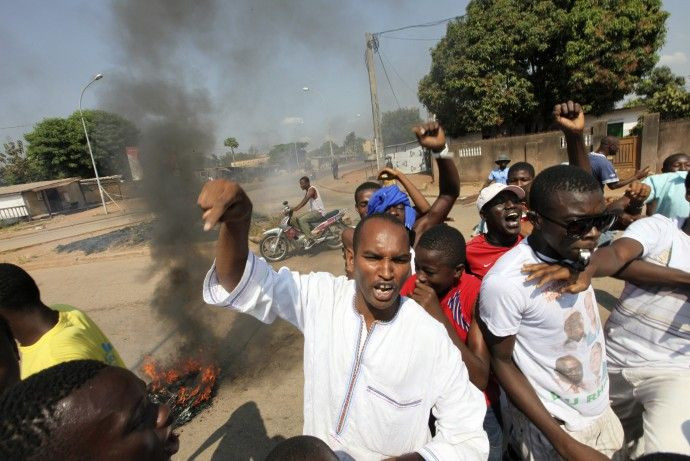Ivory Coast's Laurent Gbagbo sworn in as 'President' despite international outcry

Despite international outcry, Cote d'Ivoire's incumbent President, Laurent Gbagbo was on Saturday sworn in for a new term. Local media reports also suggest that the country's Prime Minister Guillaume Soro offered to resign from the post in support of former Prime Minister Alassane Ouattara as the country's president-elect.
It was on Thursday that the Independent Electoral Commission (IEC) declared Ouattara to have won the run-off by 54.1 per cent of votes to 45.9 per cent. The United Nations, U.S. along with several other European countries extended their congratulations to Ouattara. But the country's Constitutional Council named Gbagbo as winner overturning the earlier results on Friday.
The president of the council, Paul Yao N'Dre, stated that after excluding votes in seven regions that were marred by irregularities, Gbagbo won the polls by 51 per cent to Ouattara's 48 per cent.
Tensions are mounting in the region as supporters of Ouattara took to the streets in protest of the decision. Opposing camps burned tyres on the roads and hurled stones at each other in the former capital city of Abidjan.
Meanwhile, there are reports that the country's army is backing Gbagbo as the President. Borders of the country have been sealed off and observers suspect a crackdown by the army if the protests escalate. Armed forces and UN peacekeepers have been patrolling the streets and at least four people have been reported to have been killed in election-related violence.
© Copyright IBTimes 2025. All rights reserved.




















